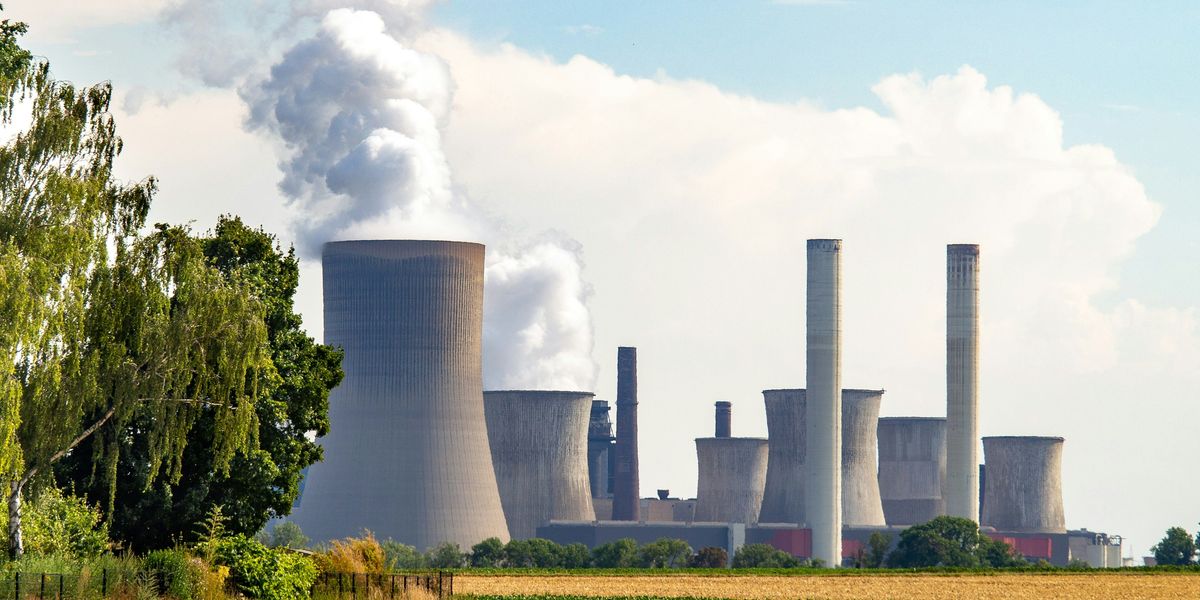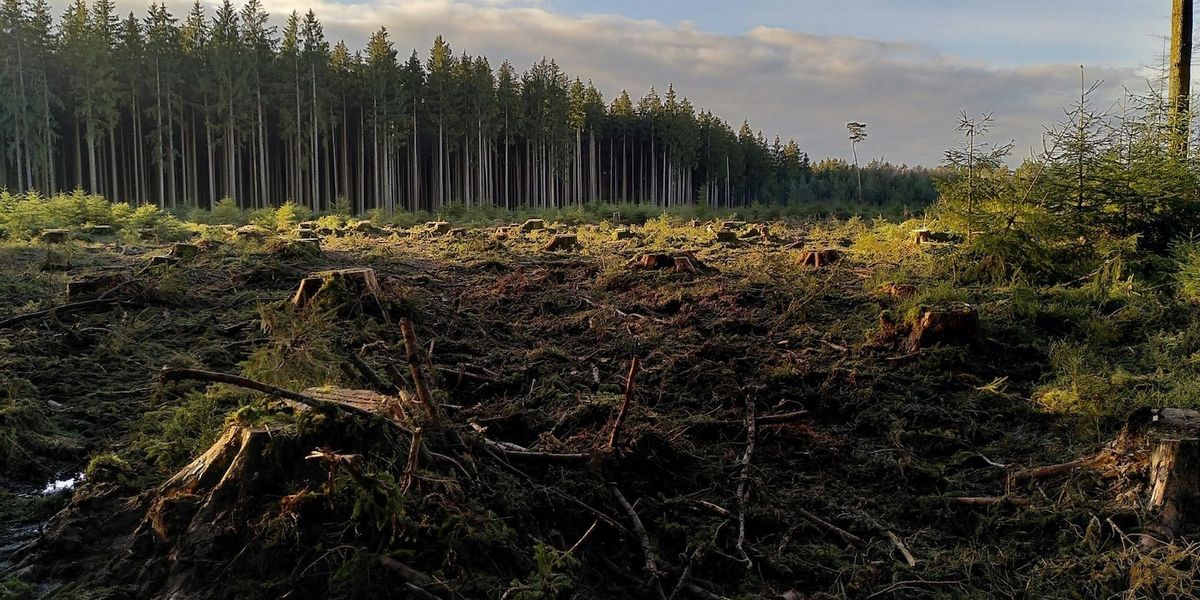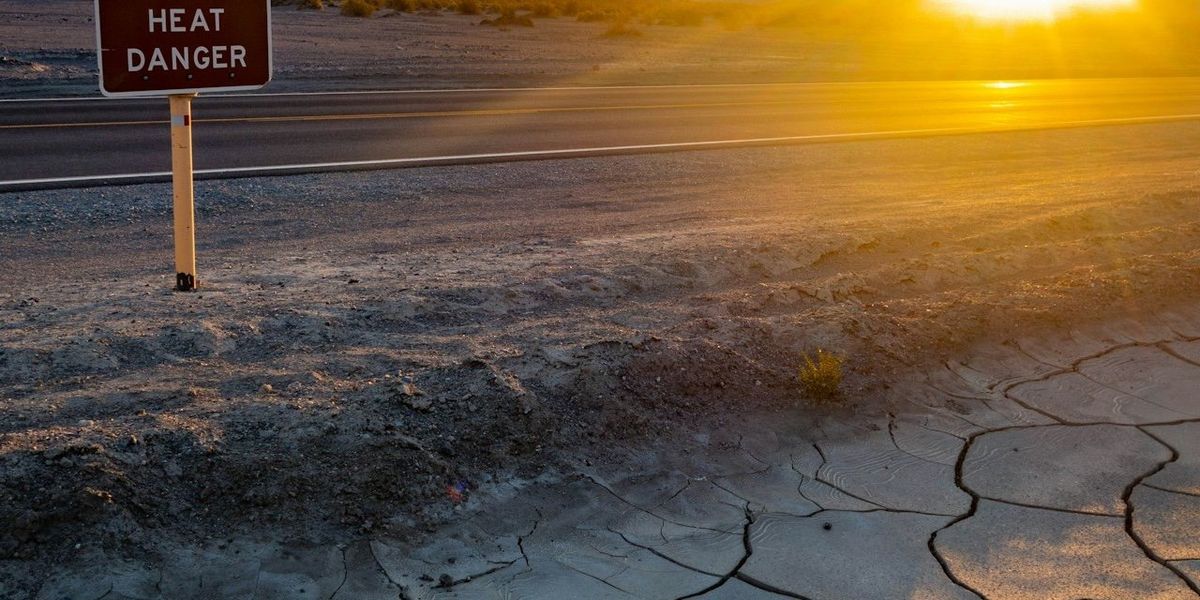
Trump's push to expand nuclear power challenges regulator's independence
President Trump’s executive orders demanding a major nuclear expansion set the stage for a confrontation over the authority of the Nuclear Regulatory Commission (NRC), a body long regarded as a neutral arbiter of nuclear safety.
Peter Behr reports for E&E News.
In short:
- Trump’s executive orders direct the NRC to overhaul safety regulations and accelerate reactor approvals, while involving other agencies like the Department of Energy and Department of Defense in reactor vetting and construction.
- Critics, including former NRC chairs and nuclear experts, warn that diminishing the agency’s independence could erode public trust and compromise nuclear safety oversight.
- Advanced nuclear technologies, many using untested fuels and cooling systems, pose unique risks that experts say require rigorous, independent review rather than expedited approval.
Key quote:
“Maintaining independent, effective regulation is essential to avoid serious consequences.”
— Amir Afzali, retired utility senior director with decades of experience in nuclear power
Why this matters:
On one hand, nuclear power offers a carbon-free alternative to fossil fuels at a time of soaring electricity demand driven by AI data centers, electrification, and climate targets. On the other, its history is riddled with expensive delays, safety controversies, and deep public skepticism. The Trump administration’s push to weaken the independence of the NRC — a regulator created to ensure public health and safety — rekindles old concerns about promoting nuclear energy at the expense of oversight. Unlike renewables, nuclear power carries catastrophic risk if mishandled. And the new reactor designs being championed come with unfamiliar engineering challenges, such as sodium-cooled systems that can ignite on contact with air. Experts caution that sidelining NRC’s safety process could increase the chances of error, and by involving politically appointed officials in what were once technical decisions, the administration may blur the lines between innovation and accountability.
Related: Recycling nuclear waste may sound smart, but it’s splitting the atom world in two













